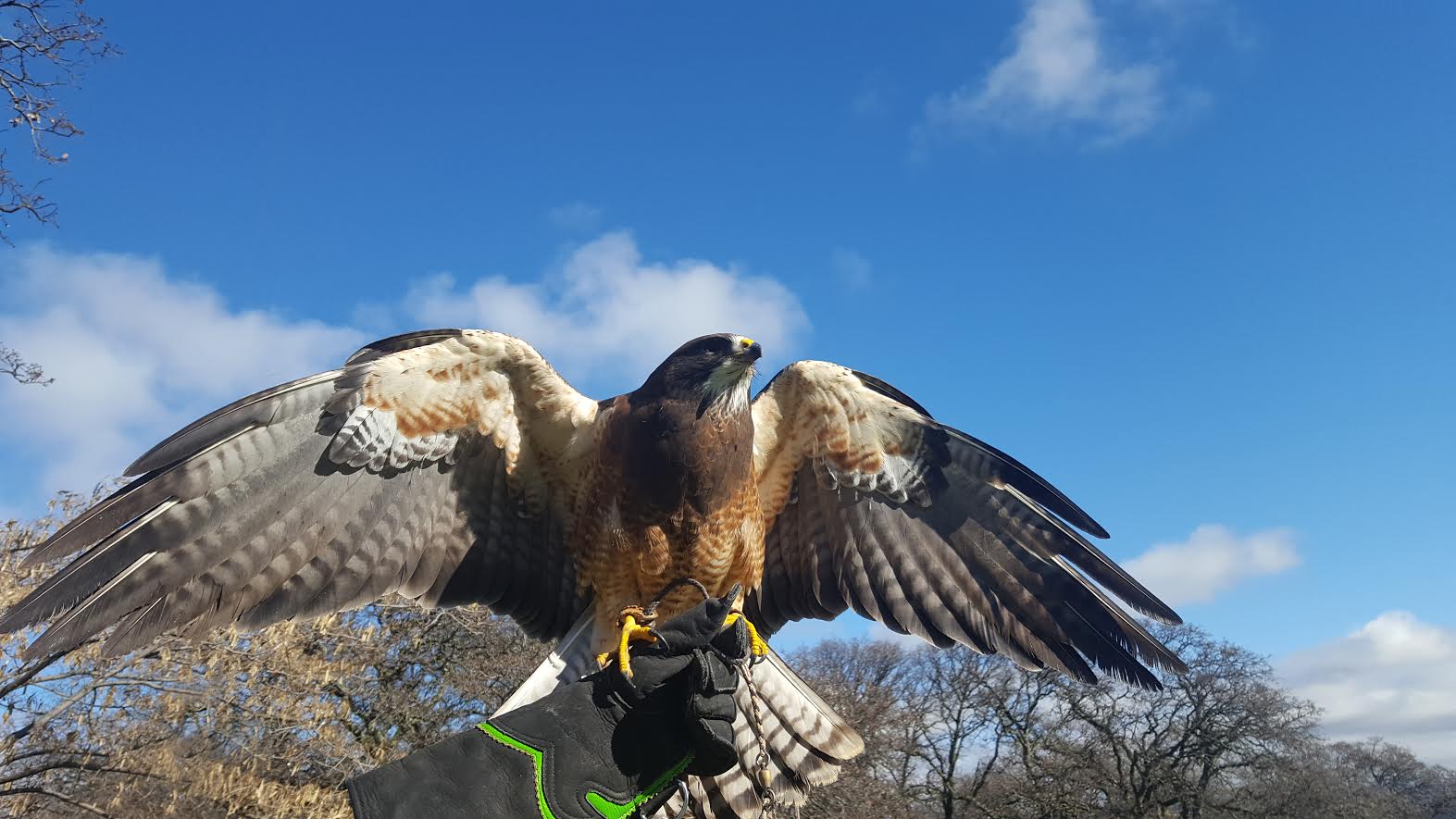
"At the Sacramento Zoo, a first-time mother named Peppermint Patty just gave birth to five capybara pups a small herd of damp, round newcomers already paddling around the zoo's pond like seasoned pros. The keepers say the babies are walking, eating solid food, and keeping close to their patient mom. Capybaras, the world's largest rodents, are built for both land and water, and these tiny swimmers are no exception all fur, webbed feet, and curiosity."
"In Yuba County's Marysville, former West Marin resident Kate Marden runs West Coast Falconry, where guests can step into the old world of falconry leather glove, hooded bird, and all. Her 14 raptors, from Harris hawks to Siberian eagle owls, live in mews designed for their health and temperament, tended daily with raw meat and steady hands. Marden, who founded the school in 2006, calls falconry a lifelong virus a mix of obsession and devotion that asks you to love what might fly away."
"When the jack-o'-lantern grin fades, most pumpkins end up in the trash, releasing methane as they decompose in landfills. Yet every part of a pumpkin can serve another purpose seeds can be roasted, flesh can be cooked, and leftovers can feed farm animals. Even the soft, moldy ones can be composted to nourish the soil instead of adding to waste. Across the Bay Area, local farms and compost sites are ready to collect the post-Halloween orange tide, keeping it in the cycle of renewal."
At the Sacramento Zoo, Peppermint Patty gave birth to five capybara pups already paddling in the pond, walking, eating solid food, and staying close to their mother. San Jose's Happy Hollow Park & Zoo hosts a pair of capybara sisters transferred from Texas through a species survival plan in 2022. In Marysville, Kate Marden's West Coast Falconry cares for 14 raptors in mews designed for health and temperament, feeds them raw meat daily, and offers year-round public classes, private sessions, walks, and apprenticeship programs. After Halloween, pumpkins can be roasted, cooked, fed to farm animals, or composted, and local farms and compost sites collect them to prevent landfill methane.
Read at sfist.com
Unable to calculate read time
Collection
[
|
...
]